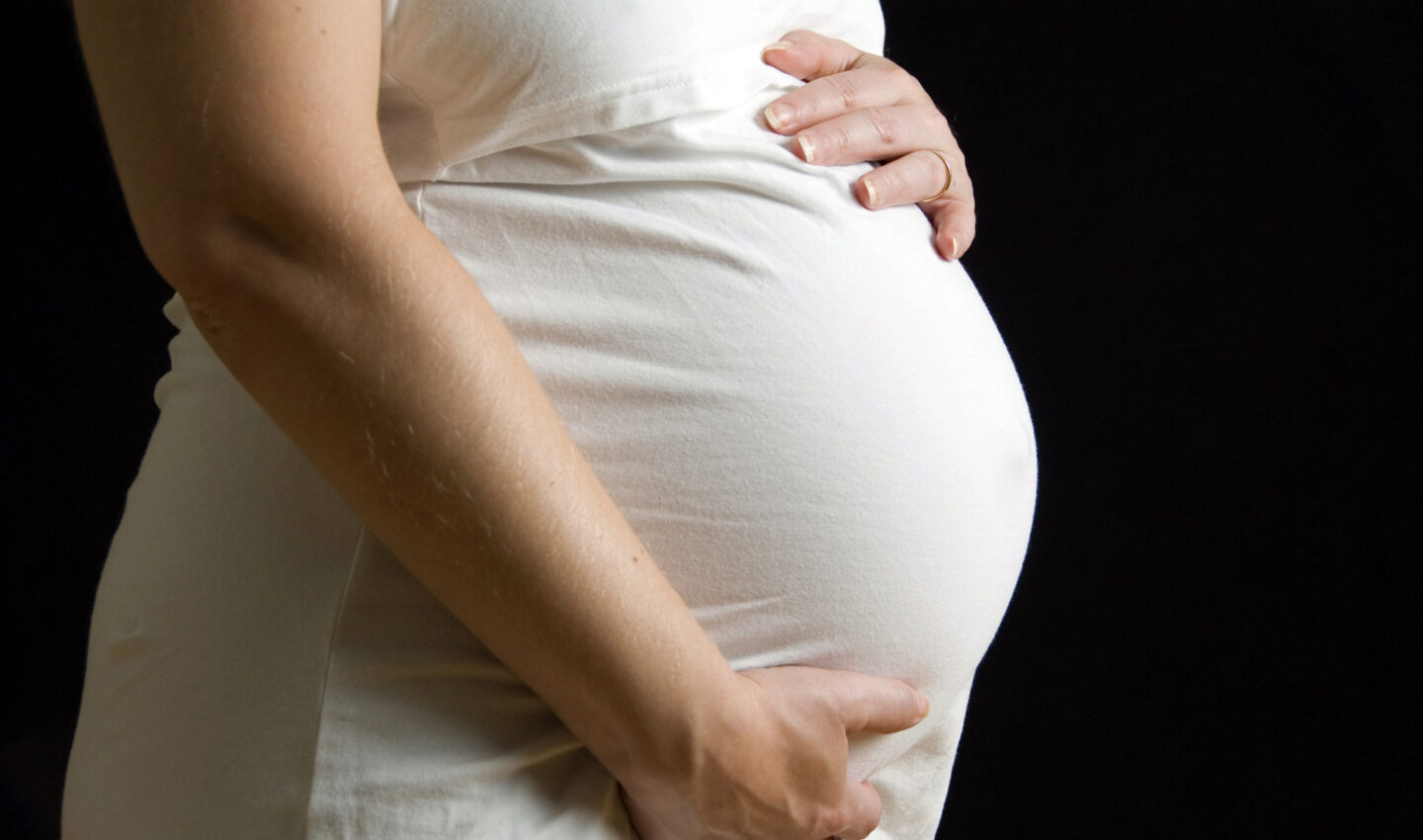A UMass Medical School study shows that pregnant women with disabilities in Rhode Island receive less medical care, and are more likely to experience adverse outcomes, according to an article in the Providence Journal.
More than 10 percent of women with disabilities in Rhode Island had a low birth weight infant, compared with 7 percent among women without disabilities; and over 13 percent of women with disabilities delivered babies prematurely versus 9 percent of typical women, the Providence Journal reported. And just 78 percent of women with disabilities receive prenatal care in their first trimester, compared to 84 percent of women without disabilities.
The UMass Medical School authors are Karen Clements, MPH, ScD, and Linda Long-Bellil, PhD, JD, from the Commonwealth Medicine division and Jianying Zhang, MD, MPH, of the Department of Quantitative Health Sciences. The lead author is Monika Mitra, PhD, an associate professor at Brandeis University and an adjunct professor at UMass Medical School.
“Clinicians and health care providers (need to) educate themselves, not just of the risks but on how to interact” with pregnant women with disabilities, Mitra told the Providence Journal. “It’s improving attitudes and knowledge so women have more positive experiences.”
The study was published in the December issue of Medical Care.

